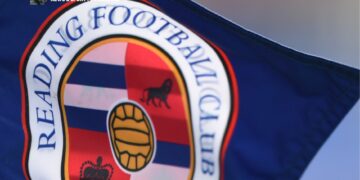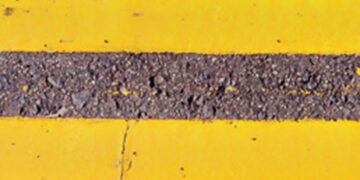An unusual episode happened in the recent FA Cup tie between Newport County and Brighton and Hove Albion, involving their goalkeeper, Jason Steele.
Not of course his admiral saving of three of Newport’s kicks from the penalty mark, which saved his Premier League team the ignominy of defeat by a League two side and possibly, their manager Graham Potter his job.
This incident happened earlier in the game. The ball was kicked back to Steele by a teammate, but in the air, bouncing before it reached him on the edge of the penalty area.
He tried to kick it upfield but only succeeded in ballooning it straight up in the air. When it came down, he didn’t try to catch it, no doubt thinking that if he did, he would be penalised.
An opposing forward then kicked the ball towards the Brighton goal. Luckily, a teammate managed to get to it before it crossed the line and clear it.
A local club posed me a question just over a couple of years ago. Their keeper had faced exactly the same situation, except the opposing forward scored.
At half time, their referee said to the team’s manager, ‘your goalkeeper could have caught that ball’. Was he right, the manager wanted to know. ‘He’s not,’ I replied, ‘the law quite clearly states that that an indirect free kick is awarded if a goalkeeper touches the ball with his hand or arm after it has been deliberately kicked to him by a team mate’.
The manager wouldn’t accept this, so I said I would take his question to the top. This meant David Elleray, former Premier League referee now Director of the IFAB technical committee. which is responsible for the Laws of the Game.
He said, ‘you are right, but this February at our annual meeting, we are putting forward a change to allow the goalkeeper to handle the ball in this situation if it is clear he had tried to release it into play’.
So the law was changed two seasons ago but it seems that no one told Jason Steele.
FROM THE MIDDLE: Knowing the laws can help players
POPULAR THIS WEEK
ABOUT US
Wokingham Today is dedicated to providing news online across the whole of the Borough of Wokingham. It is a Social Enterprise, existing to support the various communities in Wokingham Borough.
CONTACT US


The Wokingham Paper Ltd publications are regulated by IPSO – the Independent Press Standards Organisation.
If you have a complaint about a The Wokingham Paper Ltd publication in print or online, you should, in the first instance, contact the publication concerned, email: [email protected], or telephone: 0118 327 2662. If it is not resolved to your satisfaction, you should contact IPSO by telephone: 0300 123 2220, or visit its website: www.ipso.co.uk. Members of the public are welcome to contact IPSO at any time if they are not sure how to proceed, or need advice on how to frame a complaint.














































